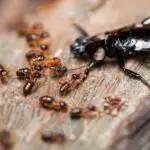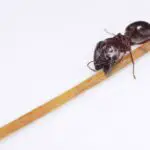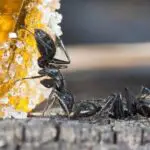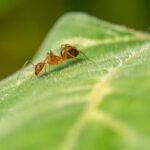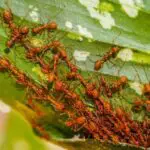Can You Get Sick From Ants?
Generally, people do not think of ants as disease carriers. However, some germs are linked to disease, and ants have evolved an immune response to pathogens that is colony-wide.
Ants communicate with one another and co-operate in order to control disease outbreaks. They also sacrifice themselves to keep infection at bay. In addition, ants transfer pathogenic microorganisms to one another, such as bacteria, while eating.
Ants have a strong sense of smell and can detect festering fungus on other colony members. They have also evolved elaborate ways to control outbreaks of diseases, such as removing bodies of dead colony members from nests.
In addition, ants are thought to carry disease-causing germs, such as salmonella. They may also carry germs on their bodies and in the soil. They can also transmit bacteria when they are inside the home or pantry.
Ants are particularly common in food preparation areas. Because of this, they are considered a risk factor in nosocomial infections. They can carry bacteria to food and water and can also contaminate food-contact surfaces.
Some people are allergic to ant venom. It can cause painful, itchy reactions in the body. For sensitive people, ant bites can be life-threatening. Itching and swelling can be reduced by using antihistamines.
Ants also carry bacteria on their skin. The leafcutter ant is known for carrying a bacterium that is very helpful to fungi. However, the bacteria is unlikely to be harmful to human health.
Ants may also carry pathogens when they bite humans, especially children. Children have a higher chance of contracting bacteria, and the elderly also have a higher chance of developing infections. They may also have a compromised immune system, which increases their chances of developing illnesses.



